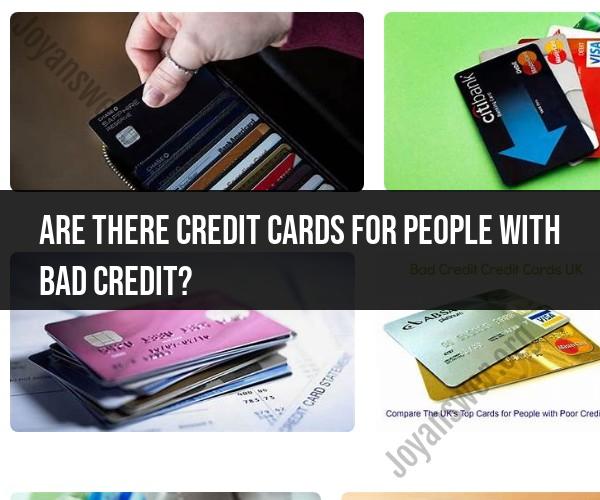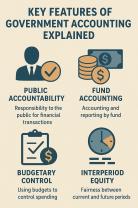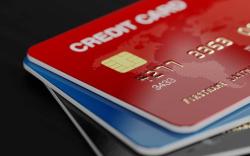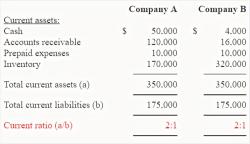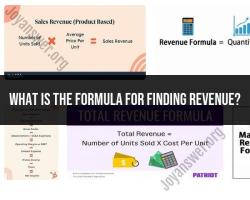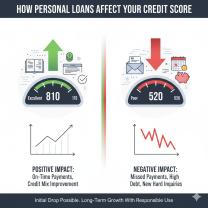Are there credit cards for people with bad credit?
Yes, there are credit card options available for people with bad credit or poor credit histories. These cards are often referred to as "bad credit credit cards" or "credit cards for people with low credit scores." They are designed to help individuals rebuild or establish their credit, but they typically come with certain limitations and considerations. Here are some options and considerations:
Secured Credit Cards: Secured credit cards are one of the most common options for individuals with bad credit. To get a secured card, you'll need to make an initial deposit, which typically becomes your credit limit. These cards are secured by the deposit, which reduces the risk for the issuer. They function like regular credit cards and can help improve your credit score if used responsibly.
Store Credit Cards: Some retail stores offer credit cards that are easier to qualify for, even if you have bad credit. These cards are typically limited to use at the specific store, and they may have higher interest rates. They can be a way to rebuild credit if you shop at the store frequently and make on-time payments.
Subprime Credit Cards: Subprime credit cards are designed for individuals with poor credit. They may have higher fees and interest rates compared to traditional credit cards. Be cautious with these cards, as the fees can add up quickly.
Credit-Builder Loans: Some financial institutions offer credit-builder loans, which are installment loans designed to help you build credit. You make monthly payments, and once the loan is paid off, you receive the loan amount (minus fees and interest) as a lump sum. This type of loan can help improve your payment history.
Secured Personal Loans: Similar to secured credit cards, some lenders offer secured personal loans. You provide collateral (such as a savings account or CD), and in return, you receive a loan. Making on-time payments on this type of loan can help improve your credit.
Prepaid Debit Cards: Prepaid debit cards are not credit cards, but they can be used for purchases like credit cards. They do not affect your credit score because they are not a form of credit. However, they can be a budgeting tool.
When considering a credit card for bad credit, it's essential to be aware of the following considerations:
Fees: Many cards for bad credit have higher fees, including annual fees and processing fees. Read the terms carefully to understand the costs.
Interest Rates: Expect higher interest rates on cards for bad credit. Try to pay off your balance in full each month to avoid interest charges.
Credit Limit: Your initial credit limit may be low, which can limit your purchasing power.
Credit Building: Use the card responsibly by making on-time payments and keeping your balances low. This will help rebuild your credit over time.
Credit Score Monitoring: Some issuers of credit cards for bad credit offer free credit score monitoring to help you track your progress.
Before applying for any credit card, carefully review the terms and fees associated with the card. Compare multiple options to find the one that best suits your needs and financial situation. Additionally, consider working on improving your credit score over time by paying bills on time, reducing outstanding debt, and managing your finances responsibly.
Credit cards for bad credit can be a financial lifeline for people who are struggling to rebuild their credit or get approved for a traditional credit card. These cards typically have higher interest rates and lower credit limits than traditional credit cards, but they can be a good way to start building or rebuilding your credit history.
Accessible Credit Options: Credit Cards for People with Bad Credit
There are a number of different credit cards available for people with bad credit. Some of the most common types of credit cards for bad credit include:
- Secured credit cards: Secured credit cards require you to make a deposit, which serves as your credit limit. If you default on your payments, the issuer can keep your deposit.
- Unsecured credit cards for bad credit: Unsecured credit cards for bad credit do not require a deposit. However, they typically have higher interest rates and lower credit limits than traditional credit cards.
- Subprime credit cards: Subprime credit cards are designed for people with very bad credit. These cards typically have the highest interest rates and lowest credit limits of all credit cards.
Bad Credit, Good Solutions: Exploring Credit Card Choices
When choosing a credit card for bad credit, it is important to compare the different options available and choose the card that is best for your needs. Consider the following factors when choosing a credit card for bad credit:
- Annual fee: Some credit cards for bad credit have annual fees, while others do not.
- Interest rate: Credit cards for bad credit typically have higher interest rates than traditional credit cards. However, the interest rate can vary from card to card.
- Credit limit: Credit cards for bad credit typically have lower credit limits than traditional credit cards. However, the credit limit can vary from card to card.
- Rewards: Some credit cards for bad credit offer rewards programs, such as cash back or travel rewards. However, these rewards programs are typically less generous than the rewards programs offered by traditional credit cards.
Here are some additional tips for choosing a credit card for bad credit:
- Read the fine print: Be sure to read the fine print carefully before you apply for any credit card, especially a credit card for bad credit. This will help you to understand the terms and conditions of the card, such as the interest rate, annual fee, and credit limit.
- Shop around: Compare the different credit cards for bad credit available before you choose one. This will help you to find the card with the best terms and conditions for your needs.
- Use your credit card responsibly: Once you have a credit card for bad credit, it is important to use it responsibly. This means making all of your payments on time and in full. It is also important to keep your credit utilization ratio low. Your credit utilization ratio is the amount of credit you are using compared to your total credit limit. A low credit utilization ratio is a sign of good credit management.
By following these tips, you can choose a credit card for bad credit that can help you to rebuild your credit history and achieve your financial goals.
